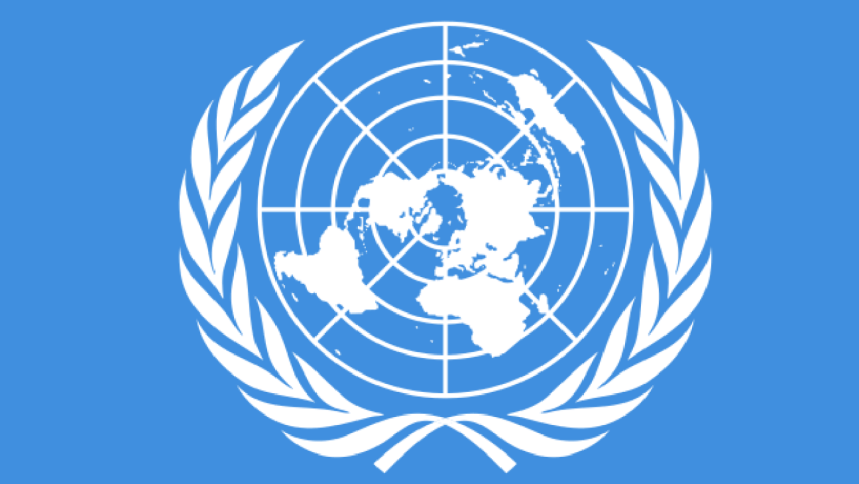UN team on enforced disappearance finally here

A delegation of the UN Working Group on Enforced or Involuntary Disappearances yesterday began a four-day visit to Bangladesh.
The two-member delegation, Grażyna Baranowska and Ana Lorena, held a consultation meeting with the human rights advocates and UN officials at the UN Resident Coordinator's Office in the capital yesterday.
Representatives of United for the Victims of Enforced Disappearance (UVED), Odhikar and Human Rights Support Society took part in the event, according to a statement UVED posted on Facebook.
Huma Khan, senior human rights adviser at the UN Resident Coordinator's Office, and Anis Mahfuz, UN human rights officer, attended the meeting.
The participants included UVED Convener M Maruf Zaman, General Secretary Humayun Kabir, Joint Secretary Iqbal Chowdhury, Women's Wing Coordinator Nasrin Jahan Smriti; Odhikar Director ASM Nasir Uddin Elan, Senior Researcher Taskin Fahmina; and Human Rights Support Society Director Ijazul Islam.
They talked about forming a search committee for victims who have not yet returned, withdrawing false cases filed against those who have returned, identifying those who destroyed evidence at the torture facility, addressing gaps in the draft law on enforced disappearances, and ensuring justice for the victims.
The delegation will hold meetings with Law Adviser Asif Nazrul, home ministry officials, law enforcers, families of the victims, and the Commission for Enquiry on Enforced Disappearances.
The UN Working Group on Enforced or Involuntary Disappearances sought to visit Bangladesh for the first time in 2013 and wrote several letters during the Awami League regime, but did not get a positive response.
According to Odhikar data, at least 708 people were victims of enforced disappearance between 2009 and June 2024.
The US in December 2021 imposed sanctions on Rab and seven of its top officers over allegations of serious rights abuses. It said Rab and other Bangladeshi were responsible for more than 600 enforced disappearances since 2009 and nearly 600 extrajudicial killings since 2018.

 For all latest news, follow The Daily Star's Google News channel.
For all latest news, follow The Daily Star's Google News channel. 



Comments